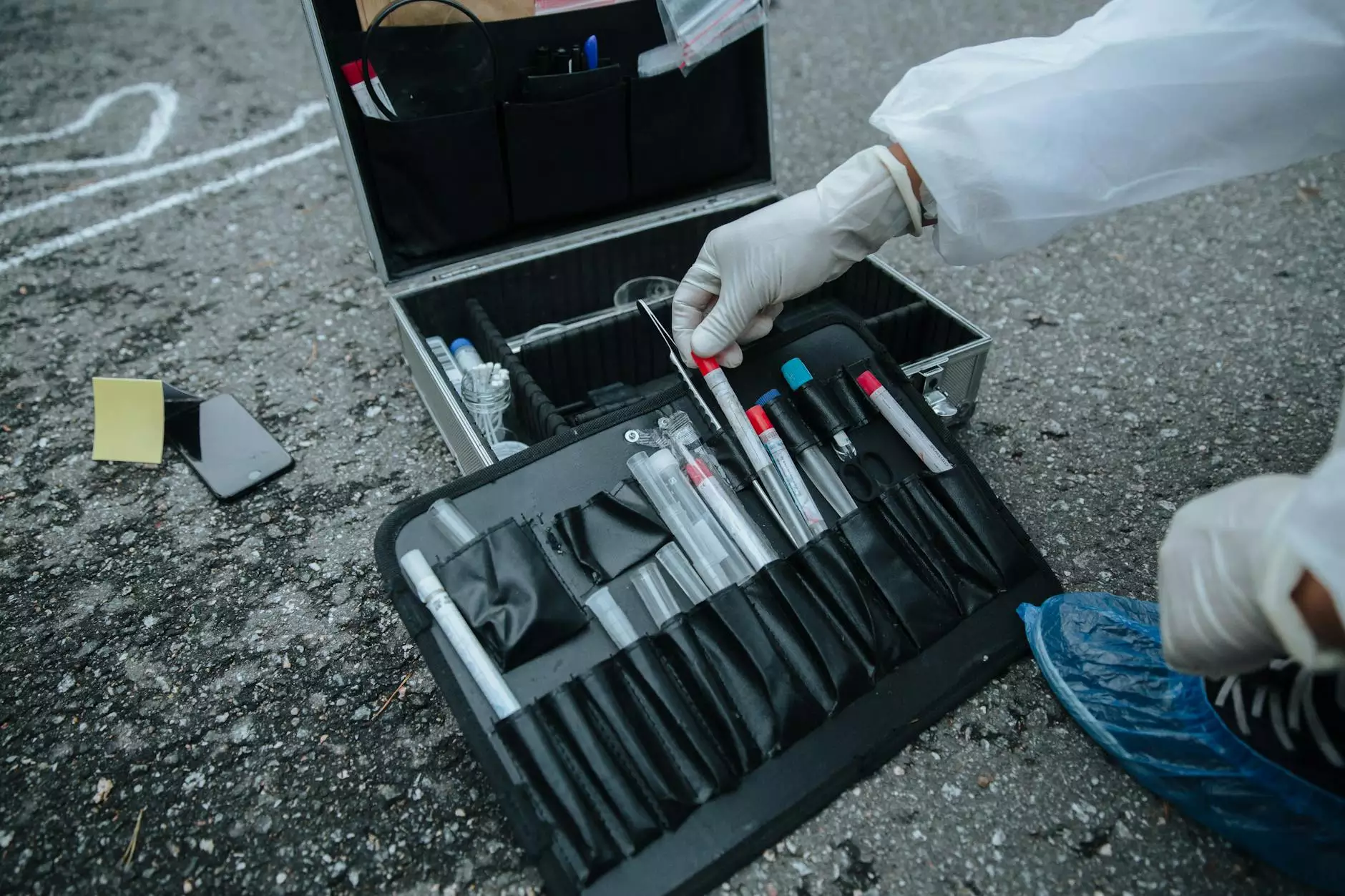Revolutionizing Health with Helium Gas Compressors

In the rapidly evolving world of healthcare, technology plays a crucial role in enhancing patient care and improving diagnostic capabilities. One of the key players in this technological landscape is the helium gas compressor. This article explores the significance of helium gas compressors in the medical sector, particularly in diagnostic services and medical centers, examining their functionalities, benefits, and future potential.
Understanding Helium Gas Compressors
Helium gas compressors serve a fundamental purpose in a variety of applications where helium is utilized. These machines are designed to compress helium gas, which is essential in several medical and scientific applications. Helium, being an inert gas with a low boiling point, finds use in MRI machines, cryogenics, and many other healthcare technologies.
The Role of Helium in Healthcare
Helium is an essential element in medical technology, especially in diagnostics. Its unique properties make it favorable for the following applications:
- Magnetic Resonance Imaging (MRI): Helium is used to cool the superconducting magnets in MRI machines, enabling high-resolution imaging.
- Cryotherapy: Liquid helium is crucial for cryotherapy treatments that combat various medical conditions, including tumors and tissue damage.
- Respiratory Therapies: Helium-oxygen mixtures are often used to treat patients with respiratory illnesses, enhancing breathing efficiency.
How Helium Gas Compressors Work
The operation of helium gas compressors is integral to maintaining the functionality of helium-based devices. Here's a simplified breakdown of how they operate:
- Gas Intake: The compressor draws in helium gas from a storage tank.
- Compression Stage: Through various stages of compression, the gas is pressurized, allowing it to be transported for use in diagnostic machines.
- Cooling System: Compressors often utilize cooling systems to manage the temperature, as the process of compression generates heat.
- Storage and Distribution: The compressed helium gas is stored in tanks for later use in medical applications.
Benefits of Using Helium Gas Compressors in Healthcare
Utilizing helium gas compressors in healthcare offers numerous advantages, contributing to improved patient outcomes and operational efficiencies. Here are some key benefits:
1. Enhanced Imaging Quality
Helium gas compressors are essential for MRI machines, which require a constant supply of helium to maintain the low temperatures necessary for superconducting magnets. This leads to:
- High-resolution images: Improved imaging quality helps diagnose conditions more accurately.
- Efficiency: A steady supply of helium ensures less downtime for machines, enhancing the workflow of medical facilities.
2. Cost-effectiveness
While initial investments in helium gas compressors may be significant, the long-term savings are noteworthy:
- Reduced helium waste through efficient compression and storage.
- Lower operational costs due to increased energy efficiency of newer compressor technologies.
3. Environmental Impact
Innovative helium gas compressor technologies emphasize sustainability:
- Reduced emissions: By optimizing helium usage, these compressors help lower the overall carbon footprint of medical facilities.
- Recycling helium: Advances in compressor technology allow practices in helium recycling, mitigating the depletion of this precious resource.
Key Applications of Helium Gas Compressors in Medical Centers
The versatility of helium gas compressors positions them as invaluable assets within medical centers. Let’s delve into some prominent applications:
MRI Facilities
In MRI facilities, helium gas compressors facilitate the continuous operation of imaging systems, ensuring:
- Consistency in imaging results by maintaining optimal cooling temperatures for magnets.
- Reduction of service interruptions that might affect patient scheduling and diagnostic accuracy.
Cryogenics in Surgery
In surgical settings, helium's low temperature properties are leveraged during cryosurgery procedures:
- Targeted destruction of abnormal tissues with minimal harm to surrounding structures.
- Quick recovery times for patients due to the minimally invasive nature of these procedures.
Respiratory Medicine
In the field of respiratory medicine, helium is mixed with oxygen to treat conditions like asthma and COPD:
- Improved gas exchange, making breathing less laborious for patients.
- Rapid alleviation of distress during acute respiratory episodes.
Future Trends in Helium Gas Compressors
The healthcare industry is continuously evolving, and so are the technologies that support it. The future of helium gas compressors in healthcare holds exciting prospects:
Advancements in Technology
Upcoming developments may focus on:
- Smart Compressors: IoT-enabled devices that provide real-time monitoring and predictive maintenance capabilities.
- Energy-efficient Designs: Innovations aimed at reducing energy consumption while maintaining performance standards.
Sector Collaboration
Collaboration between equipment manufacturers and healthcare providers can lead to:
- Innovative designs tailored to the specific needs of medical facilities.
- Research and development to enhance the use of helium in newer medical technologies.
Conclusion
The integration of helium gas compressors into medical technologies represents a significant leap forward in enhancing patient care and operational efficiency. From improving the quality of MRI imaging to enabling innovative surgical techniques, these compressors are vital to modern healthcare. As technology continues to advance and more applications for helium are discovered, the role of helium gas compressors will only become more prominent.
The future looks promising, with potential innovations aimed at optimizing performance while reducing environmental impact. For medical centers and diagnostic services, investing in high-quality helium gas compressors is not just a choice—it's a necessity for advancing healthcare excellence.
For more information on helium gas compressors and their application in healthcare, visit echomagnetservices.com.









